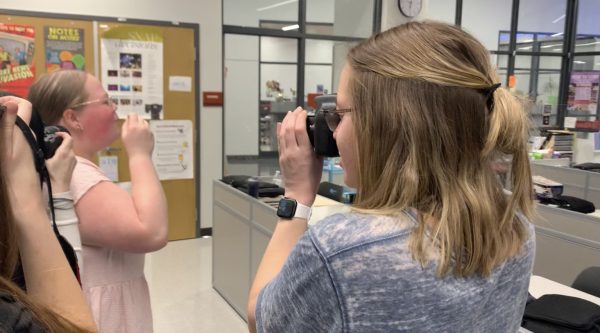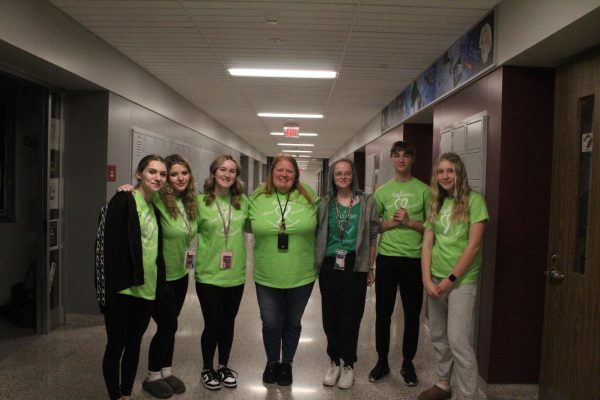PJAS project spotlight: Shedding light on probiotics
Probiotics project. Ceglar is combining his research and experimentation with his Genius Hour project. Since 1936, students like Ceglar have been able to create projects through PJAS, the oldest STEM organization in Pennsylvania.
When Christmas break rolls around, students are busy wrapping presents, spending time with loved ones and spreading the holiday spirit. Meanwhile, junior Jacob Ceglar unpacks his computer and begins working on his Junior Academy of Science project.
Students in the Pennsylvania Junior Academy of Science (PJAS) club conduct investigations and research to develop interest and knowledge in the science, math, engineering and computer science fields.
Physics and technology education teacher David Borst has been in charge of PJAS in Altoona for 16 years.
“[PJAS] is a great way for kids to learn about science, careers, and practice actually doing science and [exploring] other related fields,” Borst said.
Together with Megan Kutruff, he supervises students’ research, experimentation, and project development. Ceglar is one of those students.
This year, Ceglar is conducting a project in microbiology where he hopes to take an in-depth look at probiotics.
“My project is going to be mostly focused on probiotics and looking at how they affect your digestive tract,” Ceglar said. “The reason behind that is because probiotics are just bacteria, but not all bacteria is the type that you’re going to want to have. Some probiotics work better than others; some honestly don’t work at all. The goal is to look at the relation through [this experiment].”
In the beginning stages of his project, Ceglar had a lot of different ideas about what direction he was going to take. Certain factors caused him to make his final decision.
“I had a lot of different ideas, and between budget and time and logical feasibility slowly [the ideas] got eliminated one by one, and the probiotics one was left,” Ceglar said.
[PJAS] is a great way for kids to learn about science, careers, and practice actually doing science and [exploring] other related fields. — David Borst
Ceglar is focused on gathering all of the materials needed to perform the experiment.
“I would probably say getting the time to work on it would be the biggest [obstacle to overcome]. I’m very busy with AP classes, honors, other clubs and things like that,” Ceglar said.
Ceglar’s junior year isn’t the first time he’s participated in the PJAS competition. Last year, he researched the effects of acidic beverages on the stomach and received several awards.
“I won [the] Best in Unit [award] which is kind of the best of [the set of projects the judges were assigned to]. Each [group of] judges were assigned a set of projects, and they thought mine was the best of the ones they were given,” Ceglar said. “I won a second place award at States, and it’s not like there’s only one person that can [win second place]. There’s multiple first and multiple second [places that are given].”
Although microbiology fascinates him, cancer research fascinates Ceglar more. Ceglar would like to incorporate this interest into a career later on.
“I really like medicine, especially when it comes to the cellular level and bacteria and all that. It’s always been a passion of mine. I want to go into medical teaching and research when I grow up,” Ceglar said.
The PJAS regional competition will be in February, and the State competition will be at Penn State University Park in May.
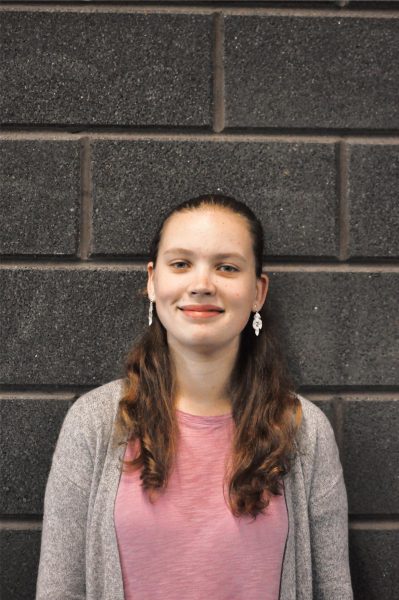
Ciao! My name is Melissa Krainer, and this is my second year reporting for the Mountain Echo. I’m very excited to be a part of the staff this year as...
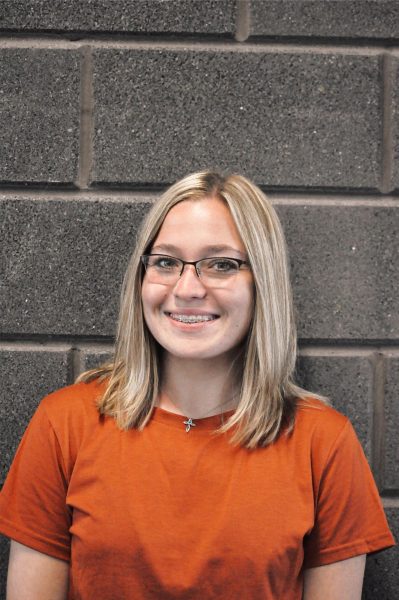
Hello, I'm Jaidyn, and I'm a senior at AAHS. This is my third year writing for the Mountain Echo. I am also an Editor in Chief this year! My favorite hobby...

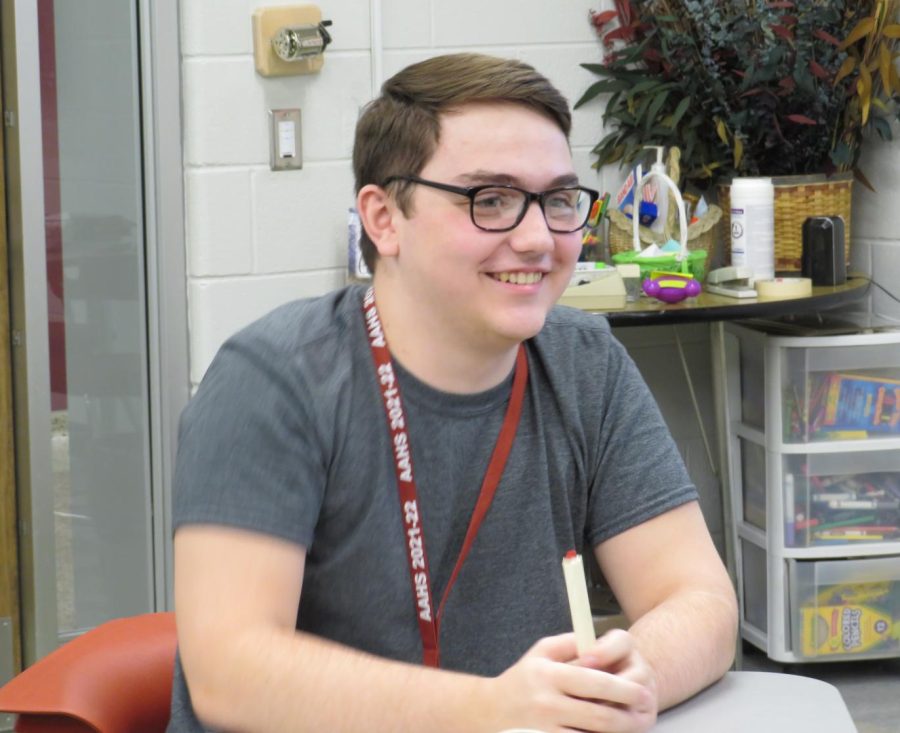
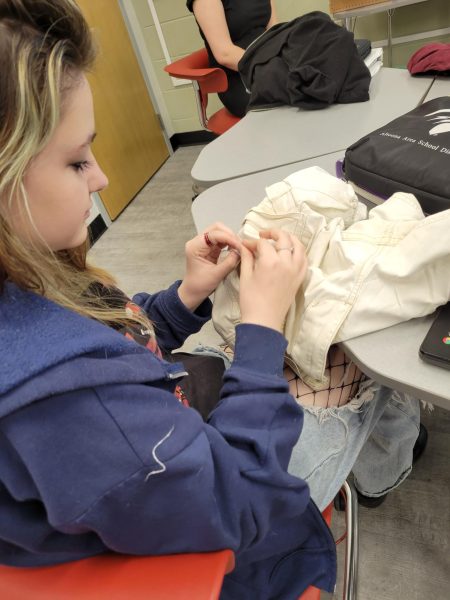
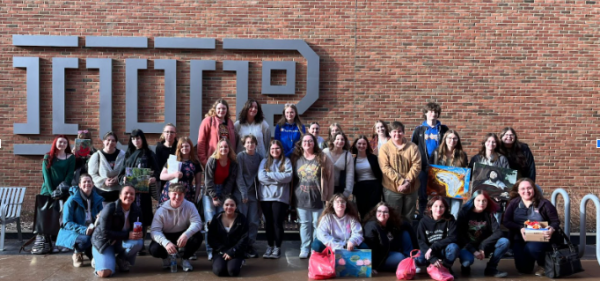
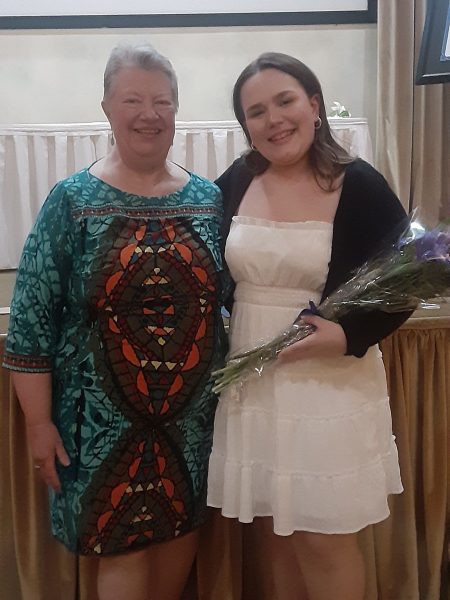
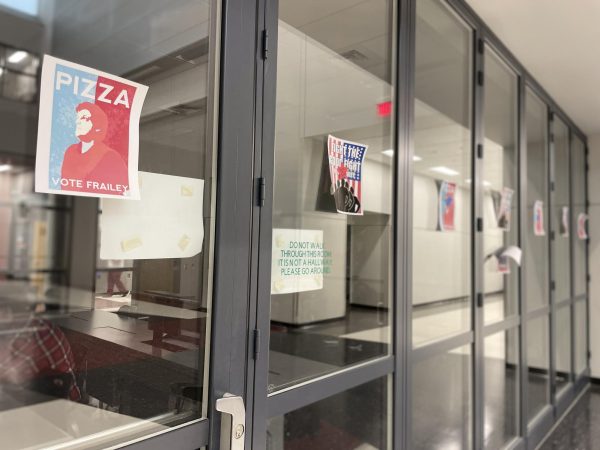
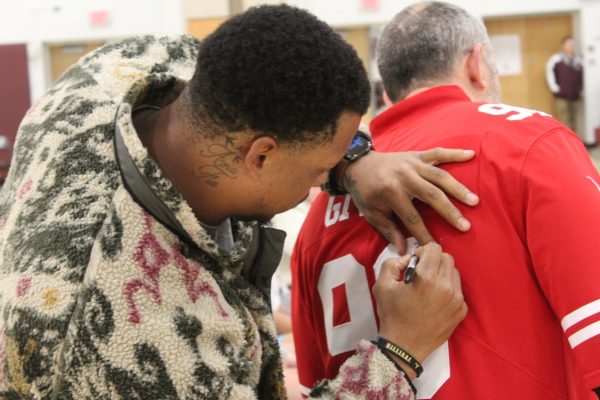
![Chemistry Champion. Chemistry teacher Christine Falger was designated a comic book superhero during the 2023-2024 school year. She poses with her seventh period honors chemistry class, accepting the award. This is a result of the Climate and Culture squads work around the school, which focuses on building teacher morale. [Being part of a squad] is a big time commitment. We as a squad are required to give one hour of time a month, I am probably anywhere from eight to 12 hours a month, Krug said. [But the squads work] can make the high school a better place. I am really lucky to work with a number of teachers who also feel the same way. Even if we are doing more than some squads at the high school, we still feel like what were doing is really important.](https://aahsmountainecho.com/wp-content/uploads/2024/04/Chrissy-Falger-Comic-Book-Superhero-Honors-Chemistry-1-e1712174011111-600x369.jpg)
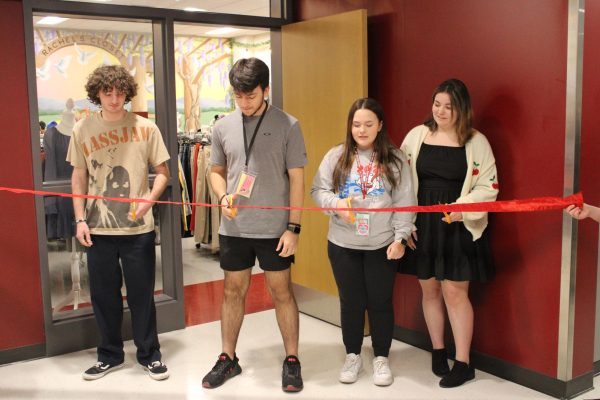
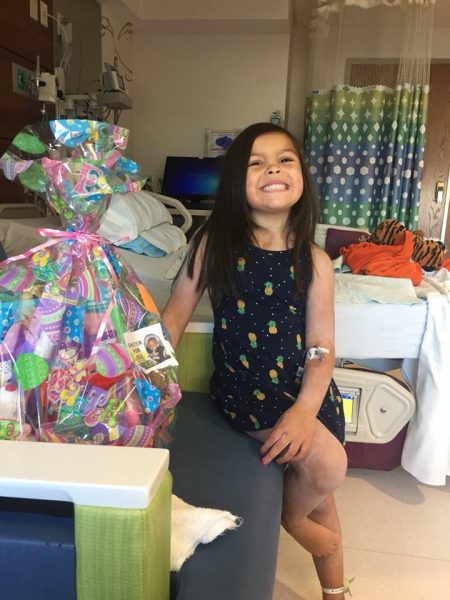
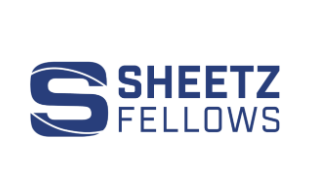
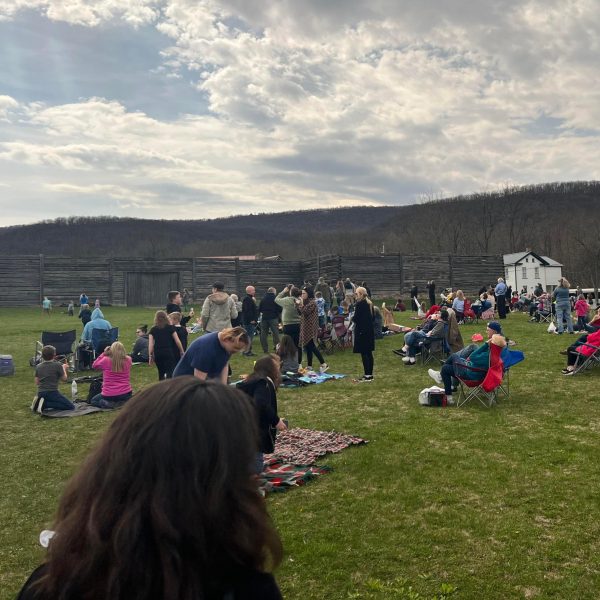
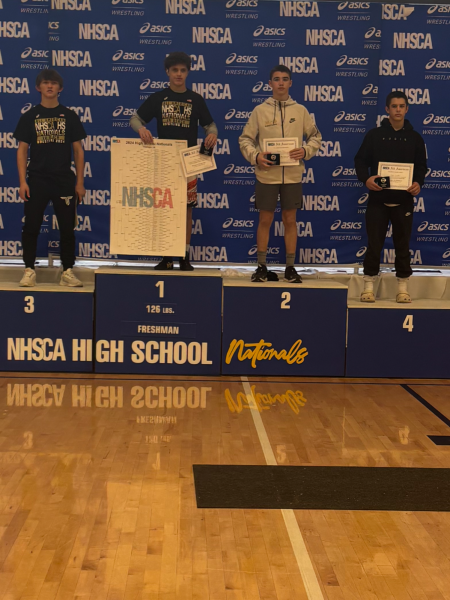
![Dedicated. Teachers who live far away commute for at least an hour to work each day. [Made with Canva]](https://aahsmountainecho.com/wp-content/uploads/2024/04/teacher-commute-picture-424x600.png)
